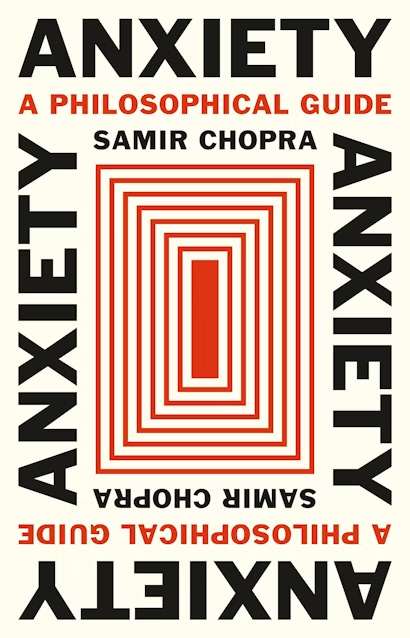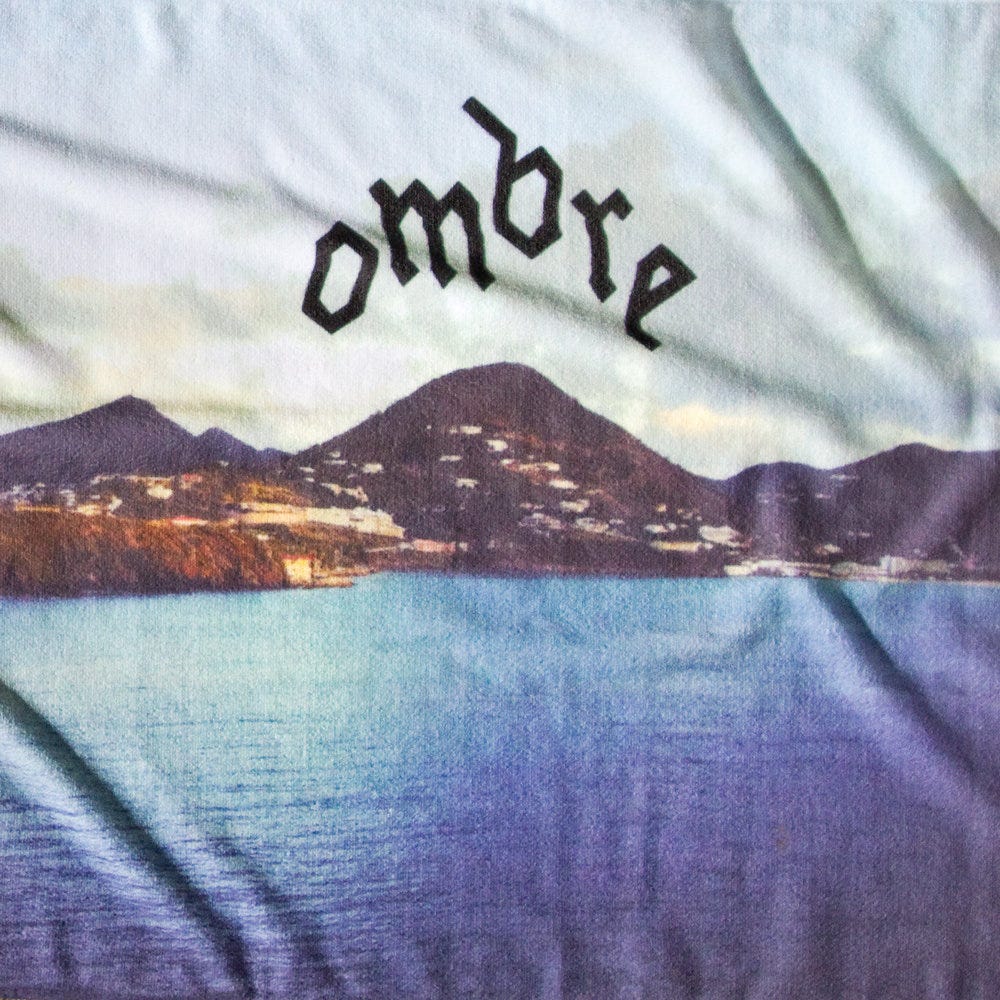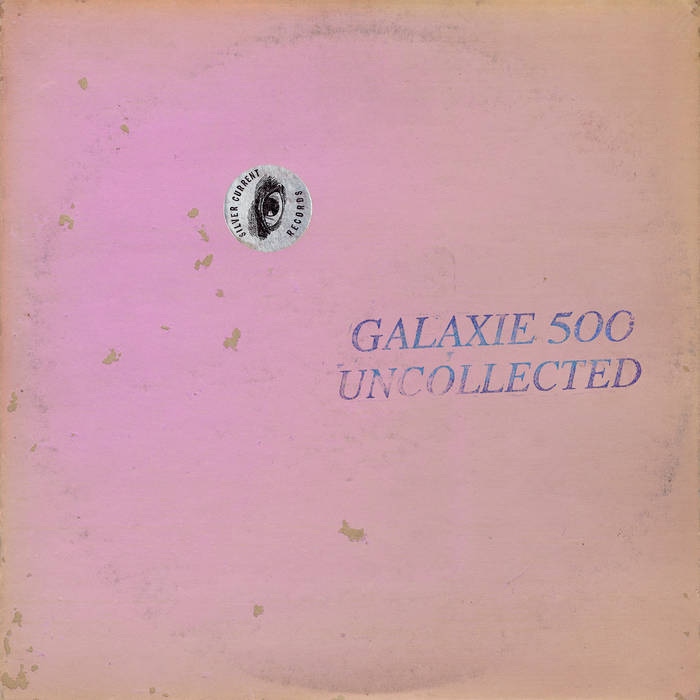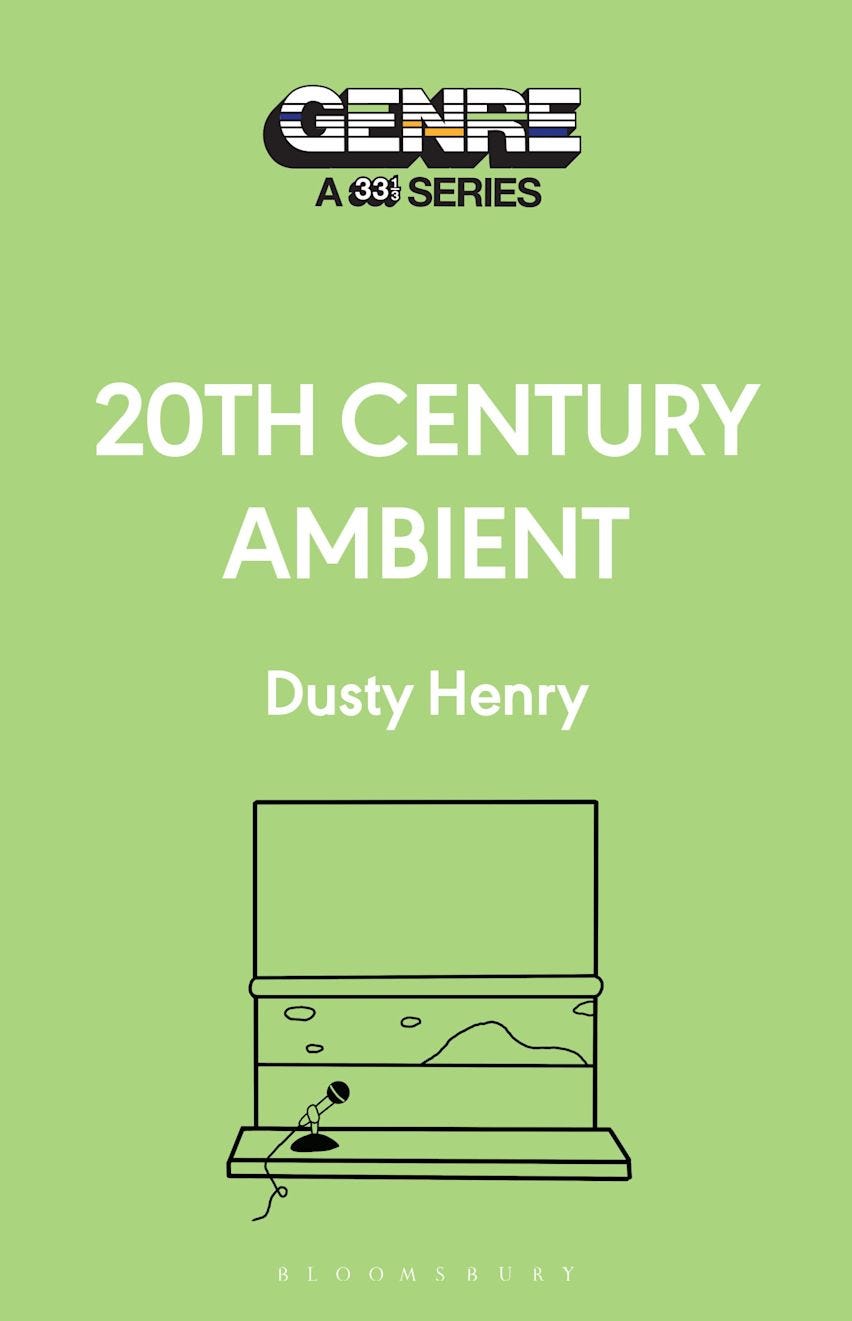The Artistic Farmer: Lessons in Cultivation from Pusha T, Jesse Eisenberg, and Wendell Berry
Celebrating Farmers from 'A Real Pain' to the L. Ron Hubbard of the Cupboard
There’s a thought put forth by Brian Eno that I’ve become obsessed with. In a statement he shared ahead of his 2017 album Reflection – and that I’ve heard him repeat a few other times in interviews – he talks about this idea of artists being “farmers” or “cowboys.” He states:
"Perhaps you can divide artists into two categories: farmers and cowboys. The farmers settle a piece of land and cultivate it carefully, finding more and more value in it. The cowboys look for new places and are excited by the sheer fact of discovery, and the freedom of being somewhere that not many people have been before.”
I’ve thought about this idea a lot since I first heard it and have since repeatedly shared it with friends, many of whom similarly seemed to resonate with it. While, of course, it’s hard to put any artist or person in such a binary, the concept holds some weight. There may even be times where you need to switch between the two.
If you’ll allow me the assumption, I imagine many more people will gravitate toward the idea of the cowboy. Because, let’s face it, the cowboy sounds way cooler. A renegade on horseback, venturing out to new lands, leading a life of adventure and intrigue. It sure sounds a lot more glamorous than tending to corn and potatoes, a life of tilling and toiling in the same place. In contrast to a cowboy, a farmer just seems, well, dull.
Maybe I assume this because, when I first heard the idea, I wanted to see myself as the cowboy. I even thought to myself, “not that there’s anything wrong with being a farmer…” Many of my artistic heroes I grew up idolizing I would label as “cowboys” – I’d even put Eno in that group with how he’s traversed genres and artistic mediums over the years – from the glam rock of Roxy Music through his pioneering Ambient series, art installations, books, producing other renegade artists like David Bowie, Talking Heads, and so on. (Though, funny enough, in the next part of this Reflection statement, he says, I used to think I was temperamentally more cowboy than farmer… but the fact that the series to which this piece belongs has been running now for over 4 decades makes me think that there’s quite a big bit of farmer in me.”)
If I were to psychoanalyze myself, I think it’s from an innate personal fear of being labeled “safe” or “boring.” Being settled in the same place and denying yourself the pleasures of new horizons feels distressing to me, something I’ve actively avoided. And it’s something I should’ve caught earlier as being a misguided view. My family, the Henry family, were farmers. My grandma used to always tell me stories of growing up on the farm. The sweat and toil every family member had to put in every day to get everything done. The stacks of pancakes and bacon they’d feast on every early morning to carry them through the day’s work, the pain, the violent environment they’d sometimes have to work against. Being a farmer is not light work. My grandma was actually very in love with the idea of cowboys, starting a family with a Texan man who couldn’t ride a horse for his life but fit all the rebellious, adventure-seeking aspects you’d associate with a cowboy. I wonder if her love of cowboys was a reaction to her early life spent farming. I wish I’d asked her.
The “artistic farmer,” I believe, faces similar struggles as the actual farmer. To grow and pull life from the ground, even the same crops you’ve been cultivating for years, is not an easy task. You are constantly at the whim of your environment, your inspiration, your doubts, and all matter of unanticipated wrenches thrown your way. The way of the cowboy, in some respects, seems easier. If something isn’t working out, you can just get up on your metaphorical horse and ride off to a different town and start anew. To really commit to something – an idea, a sound, a style – that’s true devotion.
One of the first people I thought of when I read about this farmer idea was Pusha T – also known as Terrence Thornton, King Push, The L. Ron Hubbard of the Cupboard. Push is easily one of my favorite rappers. His cadence, his beat selection, his bravado, his style; he’s the complete package. But if you’ve ever listened to Push, you know he has one constant muse: coke. He can rap about cocaine and cocaine accessories seemingly all day. From his early days in Clipse with his brother Malice (now No Malice) through four solo albums and who even knows how many features, he constantly harkens back to his early days drug dealing. He’s certainly not the first rapper to do so, but he’s so remarkably consistent with his muse. You would think by now he’d run out of things to say or ways to say it. It’s not like he doesn’t ever talk about anything else, but the way he always finds a new way to make a brick metaphor baffles and thrills me. Talk about more than 50 different words for snow.
I’ve read commentary before begrudging Push for not mixing it up enough. While I wouldn’t fault him for going another way, I look forward with each new release to see what new coke crops he’ll pull from the ground. I nearly lost my mind when I first heard him say, “I predict snow, Al Roker” on “If You Know You Know.” But that jubilant squall is a far cry from his tone featuring on Freddie Gibbs and Madlib’s Bandana standout “Palmolive” where he aptly reflects, “my coke hand is still sketchin’ out my memoirs,” while calling out the Reagan era crack epidemic and his own PTSD. His wordplay and muse can just as easily reflect his success as it can his trials.
I thought of the farmer adage again the other day watching the recent film A Real Pain. Actor Jesse Eisenberg, who also wrote and directed the film, portrays the type of character we’ve come to expect from him: anxious, neurotic, and socially awkward. It’s what we’ve all come to call “type cast,” another thing I’ve been programmed to roll my eyes at. But this film made me question this whole idea as well. Eisenberg plays David Kaplan, a man taking a trip with his somewhat estranged cousin to Poland to retrace their recently deceased grandmother’s steps from surviving the holocaust and ultimately hoping to find the home she grew up in.
I will admit I mostly came for the buzz around Kieran Culkin’s (now Academy Award winning!) portrayal of said cousin, Benji Kaplan, a wise-cracking, funny, cool person but a visibly tortured soul. Both actors were wonderful and ultimately I loved the movie, but I found myself especially moved by Eisenberg’s performance. To a degree, I knew what I was getting in for. But the thing about 'farmers' is that, over time, you begin to notice their subtleties. Eisenberg is great at playing the “neurotic, awkward guy” but not every “neurotic, awkward guy” is the same. His take on Mark Zuckerberg in The Social Network transmutes these traits through quiet ruthlessness and desire to be wanted. His character in the underrated Adventureland also wants to just fit in, but carries a quiet charm and innocence. One of my favorite performances of his is in End of Tour, the pseudo David Foster Wallace bio-pic in which he plays writer David Lipsky tasked with profiling Wallace. Like Zuckerberg, Lipsky also carries a cloud of jealousy around him, wishing he had the success and accolades that Wallace does. As a writer, I saw too much of myself in Lipsky’s coveting and grudging. But Lipsky’s inner torment manifests differently and ultimately finds a path of acceptance instead of domination.
In A Real Pain, David Kaplan shares many of these traits. But he is a character who outwardly tries to own his anxiety. David is jealous of his cousin’s “cool” demeanor, but more than that worries why his cousin can’t find the same stability that he’s built for himself. David’s journey is different than the “neurotic, awkward guys” Eisenberg has played before. He’s not the underdog of the story, even if Culkin’s character feels more fun and exciting. David has at least a semblance of peace in his family, his work, his stability. In a powerful monologue that I won’t totally spoil, Eisenberg’s David lets out everything about his own neurosis, his fears, his limits, and his frustrations with his cousin. For at least one stretch in the scene we get a long single take where you see the anxiety build up and explore from Eisenberg in a way that I haven’t seen yet from him. While maybe he plays similar roles often, it made me realizes that these characters are not caricatures. It takes real skill to find the subtlety in roles like these. I’m an anxious and awkward person myself, but I know other anxious and awkward people who I’d say are very different from me. Similar traits do not mean the same experience. Intentional or not, Eisenberg seems to have become a farmer of this archetype.
Which all brings me to the words of an actual farmer – Wendell Berry. If ever there was someone who loves farming, it’s Berry. I’ve only recently found and fell headlong into his work. Berry is a prolific writer between his novels, poetry, and essays. He’s an awardee of the National Humanities Medal, many prestigious fellowships, and heaps of critical praise. At 90 years old, he’s still at it. He has a tradition of writing what he calls “Sabbath Poems,” stemming from a self-imposed tradition he has of taking a walk out into nature every Sunday and writing a poem. He’s released several collections of this poetry, including 2024’s Another Day. That level of commitment to such a peaceful act into old age is endlessly inspiring to me. And notably, Berry started his own farm. More on that in a bit.
It’s a wonder I didn’t learn about him until recently, but I’m grateful his work found me. Even then, I’m still just beginning to dip my toes into his pantheon. From what I’ve read and what I’ve read about, Berry’s work is primarily centered on rural life, farming, and agrarian living. Farm life could not be further from my own. If anything, I might be the antithesis of what he writes about and stands for. I start my mornings in the city, rubbing sleep out of my eyes while clicking through Slack notifications and piles of emails, not tending to crops and livestock (though I do have to carry out corgi up and down the stairs daily, so maybe that counts?). While I did not grow up on a farm, I ran away from whatever rural-ness I felt in my hometown – a town only a short hour-and-a-half drive away from Seattle. I unashamedly love my city life, but also more and more find the appeal of the countryside and slower paced living. It’s maybe what’s drawn me to Berry, who continues to soften this metropolitan heart.
Finding Berry’s essays has been a revelation for me. Right now I’m making my way through his essay collection, The World-Ending Fire. Never did I think I would so invested in in-depth on hot-takes on farming politics of the 1950s through late 1980s. My guy had some choice words for Secretaries of Agriculture of yore. But that’s really trivializing what these essays are about. At the core of much of his writing is a call toward simple living.
In his essay “Think Little” he pushes agains the American notion of “thinking big” to solve big, existential problems and instead trying to put some actions into practice in our daily lives. Berry calls us back to nature, care and nurture the land, and stands firm against technological or capitalistic progress as a means toward better living. Berry’s writing may be nudging us toward peace, but he does hit with some haymakers. I started cracking-up reading “Think Little” when he said, “Our model citizen is a sophisticate who before puberty understands how to produce a baby, but who at the age of thirty will not know how to produce a potato.” But then I thought for a second and realized… I don’t know how to produce a potato.
The twist, I find, is reading a Berry essay that feels especially prescient, only to reach the end and see it was published in 1969, 1970, or even 1989." The same existential qualms, the same political strifes, all repeating and still unanswered.
Like Push and Eisenberg, Berry returns to the same well again and again but always iterates somehow with fresh perspective and appreciation. The well doesn’t dry for these artists. It’s something Berry talks about at length in the first essay in The World-Ending Fire, his 1968 piece “A Native Hill.” It’s the piece that actually brought me into his writing and one that I’m still finding to be both convicting and inspiring.
The essay begins with Berry reflecting on his decision to leave his position at New York University to move back to his hometown in Kentucky. There he would become a professor at the state university and would eventually start his own farm. It’s a choice that he recalls his colleagues and supervisors urging him not to make, that he has so much “upward mobility” in New York and that he’d be limiting himself and his inspiration by returning home – and even citing the old Thomas Wolfe adage “you can never go home again.”
But Berry contests that actually the opposite happened. Going back to his small town and trying to know this small piece of Earth only opened his mind to its endless inspiration. He writes:
“What finally freed me from these doubts and suspicions was the insistence in what was happening to me that, far from being bored and diminished and obscured to myself by my life here, I had grown more alive and more conscious than I had ever been.
“I had made a significant change in my relation to the place: before, it had been mine by coincidence or accident; now it was mine by choice. My return, which at first had been hesitant and tentative, grew wholehearted and sure. I had come back to stay. I hoped to live here the rest of my life. And once that was settled I began to see the place with a new clarity and a new understanding and a new seriousness. Before coming back I had been willing to allow the possibility – which one of my friends insisted on – that I already knew this place as well as I ever would. But now I began to see the real abundance and richness of it. It is, I saw, inexhaustible in its history, in the details of its life, in its possibilities. I walked over it, looking, listening, smelling, touching, alive to it as never before.”
There’s a lot that inspires me in “A Native Hill.” Berry’s willingness to forgo “traditional wisdom” of upward career trajectory in favor of following his instincts is something that resonates deeply with me. That the only path toward success – be it acclaim, opportunities, or artistic breakthrough – is to go on a path others have deemed better fit for you is an obstacle many of his will face. Does personal progress have to come at the behest of someone else’s vision? Berry would say, and proved, that it doesn’t. And within that too is this idea of the creative farmer. You can live on the same square acreage of land your whole life and still find something new. And in the same way, you can reexamine the same muse or idea again and again and discover something else within it. Push, Eisenberg, and Berry are testaments to that approach.
This isn’t a call to say “stop experimenting.” In fact, it’s the opposite. Creativity relies on us to trust ourselves. Sometimes that means going out to new frontiers and finding new inspirations, modes of thinking. But other times it’s taking a look at what’s right next to you, to reexamine those things that made you feel alive and creative to begin with. Just as a farmer cultivates land and brings up new crops, we can do the same with our creative lives.
Stray Thoughts
READING: Anxiety: A Philosophical Guide by Samir Chopra
Like many of you, I suspect, I’ve been feeling incredibly anxious lately. And I want to say right away that this book is not the cure. Nor does it purport itself to be. Yet, reading Samir Chopra’s Anxiety: A Philosophical Guide as this what-the-hell-is-happening year got started has given me some resolve moving ahead. Throughout the book, Chopra examines the very idea of anxiety from different philosophical angles ranging from the Buddha to psychologists to modern medicine and, of course, many philosophers. It’s more of an “academic book” than I typically go for, but Chopra opens up himself throughout about his own traumas and anxieties that really make this book feel more accessible. Thinking about anxiety as something that has always been part of humanity, and understanding how it has evolved and manifested differently over millennia of what-the-hell-is-happening eras feels reassuring in a way. Is anxiety something to embrace as our body’s natural defense? Or is it something to be overcome? This book explores all the different ways of thinking on it. But I left with one key takeaway that I’m holding onto right now: the only way out is through.
LISTENING: Ombre - Believe You Me
I saw Helado Negro post recently about finding a stack of records from his project with Julianna Barwick that he was going to put up on his online shop. To which my first reaction was, “he did a project with Julianna Barwick?!”
Of course, by the time I saw that post, it was already sold out. But so it goes! One of my greatest joys is discovering music from my favorite artists that I didn’t know about. Helado Negro’s music has been with me through my greatest griefs and greatest joys. There’s a comfort his music gives me that I am forever grateful for.
While working on the ambient book, I’ve grown to also love Julianna Barwick’s music. Her stunning, haunting vocals and arrangements are unparalleled. The idea of them collaborating together feels like some ambient fanfic I might’ve written in a daze. I wasn’t aware of either of them when they got together under the moniker Ombre in 2012, but their sole album Believe You Me has been in constant rotation lately. Even if you don’t have familiarity with either artist, Ombre is a beautiful, lush haze of an album. Gentle, warm, mysterious, and engrossing, it hits the hallmarks of both artists’ work. Now that I know of their existence, I am officially petitioning for Ombre to get back together – we’ve waited too long! (Well, some of you have at least!)
LISTENING: Galaxie 500 - Uncollected Noise New York ‘88-‘90
Galaxie 500 are one of those bands that I’ve “always wanted to spend more time with.” That’s a funny thought that I have often around all sorts of music. The idea that I need to make time to listen to something rather than just, you know, listening to it. But I’m also a big believer in following intuition to know when a certain album or artist is going to resonate best with you. If I have an instinct that tells me I’ll enjoy something more at a later date, I’ll wait.
I don’t think I’ve withheld myself from listening to Galaxie 500, really. I’ve returned to their seminal 1989 album On Fire (“Blue Thunder” alone feels like a prerequisite for “getting into indie rock”). every few years and always enjoy it and have sung their praises. And yet, I’ve been quietly waiting for the moment their music would consume me. For whatever reason, Uncollected Noise New York ‘88-‘90 has done it for me. A compilation released late last year, the album catalogs the band’s brief but poignant existence. I’ve always been a sucker for demos and outtakes. Something about the unrefined, haphazard nature has always captivated me. If a song is incredible in its roughest form, then it must be truly great. Once I saw that lengthy title and the pale pink faux bootleg album cover, I could feel it’s call to me like Sauron’s ring.
I’ve also been craving something I couldn’t quite articulate without sounding foolish. I wanted… “indie rock.” A thirst for jangling guitars, off-kilter vocals, but ultimately steeped in profoundly great melodic songwriting. I can think of a lot of bands that’s can fit this description, and yet Galaxie 500 was the exact band I was looking for. An hour-and-a-half long of deep cuts has turned me from casual fan/appreciator to devotee. Dean Wareham’s shakey voice, Naomi Yang’s hypnotic pulsing bass, and Damon Krukowski’s understated drumming coalesce into something indescribable. It’s so simple, yet filled with longing—a deep heaviness that some how also makes me want to dance. It feels strange to have this be the album that’s fully hooked me into them. Playing this compilation again and again has been the best daydream, imagining that I’d been with them this whole time, watching their growth and demise and mourning their split all at once.
20th Century Ambient Out This November
My first book, 20th Century Ambient, will be out this November! Ambient music has been a saving grace for me in recent years and to get to tell apart of this (seriously) vast genre has been an incredible experience. The book features interviews with artists like Laraaji and Suzanne Ciani, deep dives into Brian Eno and Harold Budd, and finds ambient's roots in everything from dub reggae to big bang. This is also the first book within 33 1/3 to feature original illustrations and comics. I can’t wait for this book to be out there and would be grateful if you pre-ordered a copy. More to come in the months ahead, but I appreciate all the encouragement and support that’s come my way thus far with the book.










